
Introduction
With regard to physical fitness in older people, three areas of development should be focused on. These three areas are strength, endurance, and flexibility. Physical fitness should be functional, when it comes to the elderly. This means that physical exercise should be focused on developing the capabilities of the elderly with regard to relevant tasks and actions. So, for example, physical fitness tests for seniors might involve chair stand tests, arm curl tests, and six minute walk tests. These type of tests should provide a good indicator with regard to ones balance, flexibility, and strength. Physical fitness tests can be undergone in a doctor's office.
Physical fitness and the elderly
In a doctor's office, and EKG might be performed. This test will help to identify the cardiovascular strength of the individual. In addition to this, the doctor might measure the blood pressure of the individual. Blood tests might also be performed in order to measure blood cholesterol levels. It is also important to measure the potential for a predisposition to diabetes in the individual. Bone density tests might also be undertaken. In addition to the doctor's test, it might also be advisable for an individual to undertake a physical test given by a certified physical trainer. This could be undertaken at a local health club. Some elderly people might wish to form some kind of group, in order to test one another's fitness levels. This can help to keep one social and generally active.
It is advised that seniors should undertake to perform around half an hour of moderate physical exercise each day. Further to this, it is advised for seniors to undertake at least some activities that require the use of weight bearing exercises. This should assist in the development of bone density and muscular strength. Exercises such as tai chi and yoga might also be beneficial. It is very important for seniors to remain active, both in their community and beyond. It is vital for seniors to maintain a healthy diet. With this in mind, seniors should not be consuming too much salt, saturated fats, or trans fats. White sugar is something else that should be avoided. Fiber, calcium, and vitamin D are important ingredients in a diet. Some organizations recommend a diet that is low in dairy product content. Seniors shoudl also make sure to get an adequate amount of sleep, as this is vital in the recovery process.



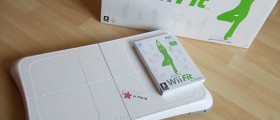
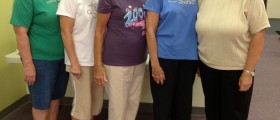
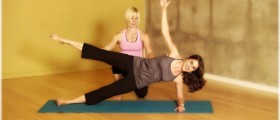
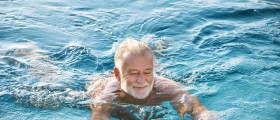

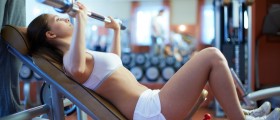
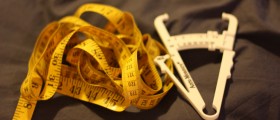


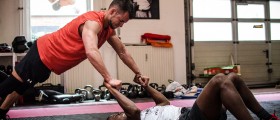

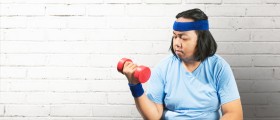
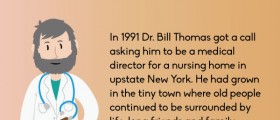
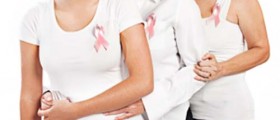
Your thoughts on this
Loading...